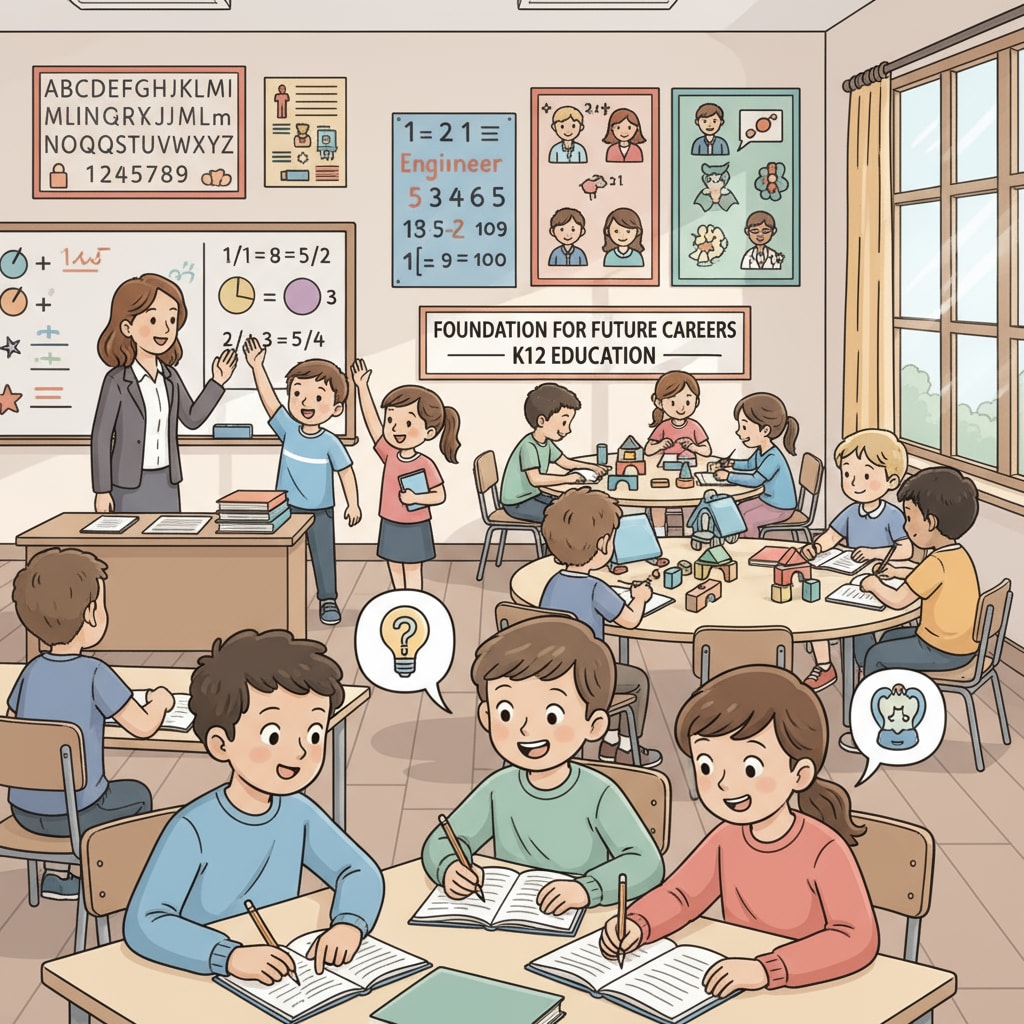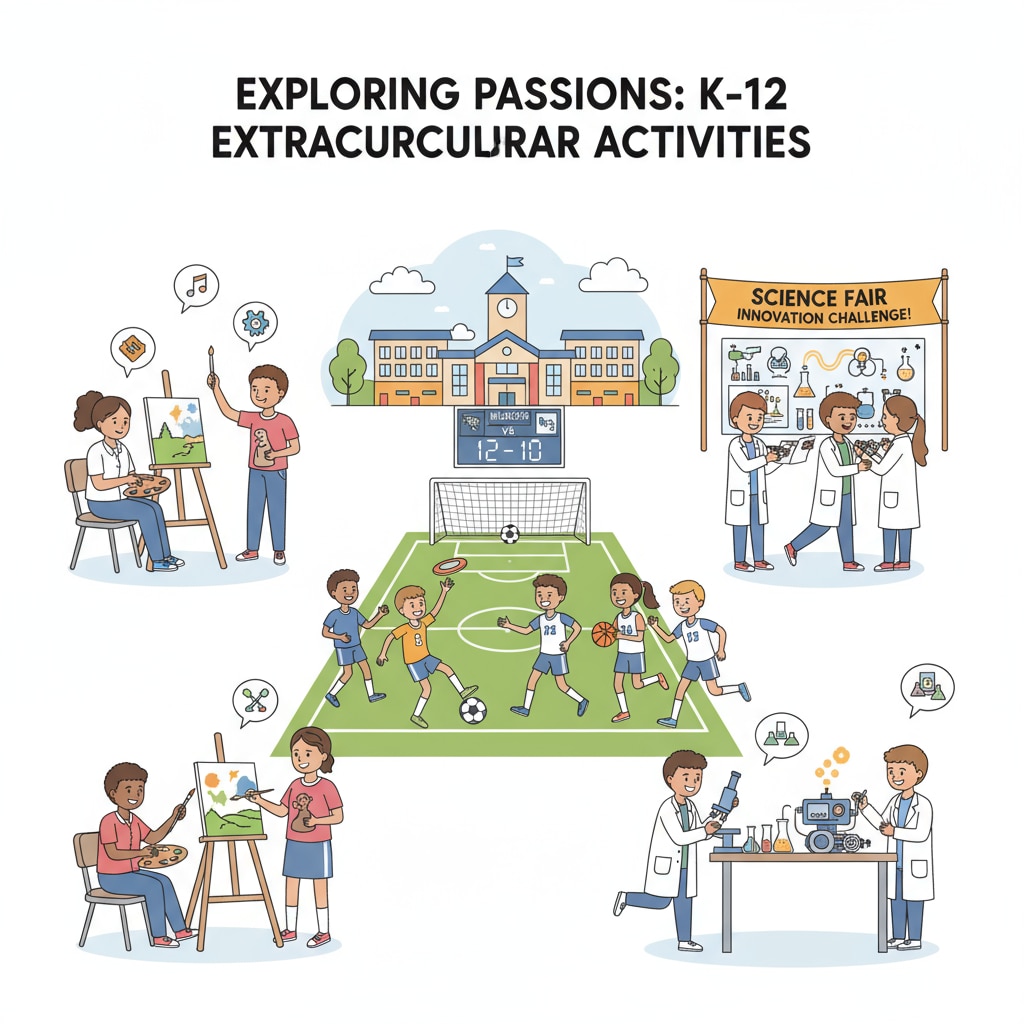In today’s highly competitive job market, career development, educational requirements, and continuing education have become crucial aspects for professionals. The K12 education system plays a significant role in shaping an individual’s future career path. As students progress through these formative years, they are not only acquiring knowledge but also laying the groundwork for their long-term professional success.

The Role of K12 Education in Career Preparation
K12 education provides a broad-based learning experience that equips students with fundamental skills such as reading, writing, and arithmetic. These basic skills are the building blocks for more advanced learning and are essential for any future career. For example, strong communication skills developed during this period are highly valued in almost every profession. According to Britannica, a well-rounded K12 education also exposes students to various subjects, helping them discover their interests and talents. This exploration can guide them towards specific career paths later on.

The Value of Academic Qualifications in the Workplace
Academic qualifications often serve as a gateway to many career opportunities. Higher education degrees are generally associated with better job prospects and higher salaries. Employers often use educational requirements as a screening tool to narrow down the pool of candidates. However, it’s important to note that a degree alone is not always enough. Practical skills and real-world experience are equally vital. Wikipedia highlights that in some fields, such as technology, hands-on skills and the ability to adapt to new technologies are highly sought after, even if a candidate doesn’t have an advanced degree.
On one hand, academic qualifications demonstrate a certain level of knowledge and intellectual ability. For instance, a person with a degree in engineering has a solid understanding of engineering principles. On the other hand, employers also look for qualities like problem-solving, teamwork, and leadership, which can be developed through internships, projects, and other practical experiences.
The Significance of Continuing Education
Continuing education is essential in today’s rapidly evolving job market. As industries change and new technologies emerge, professionals need to update their skills and knowledge regularly. It allows individuals to stay relevant and competitive in their fields. For example, a marketing professional may need to take courses in digital marketing to keep up with the latest trends. Continuing education can also open doors to new career opportunities or help professionals advance in their current positions.
There are various forms of continuing education, including online courses, workshops, and part-time degree programs. These options provide flexibility for working professionals to balance their work and study commitments. By investing in continuing education, individuals can enhance their value in the job market and increase their chances of career advancement.
Readability guidance: Throughout the article, short paragraphs and lists are used to summarize key points. Each H2 section presents relevant information in a clear and organized manner. The proportion of passive voice and long sentences is controlled, and transition words such as “however,” “therefore,” “in addition,” “for example,” and “as a result” are strategically inserted to enhance the flow of the text.


